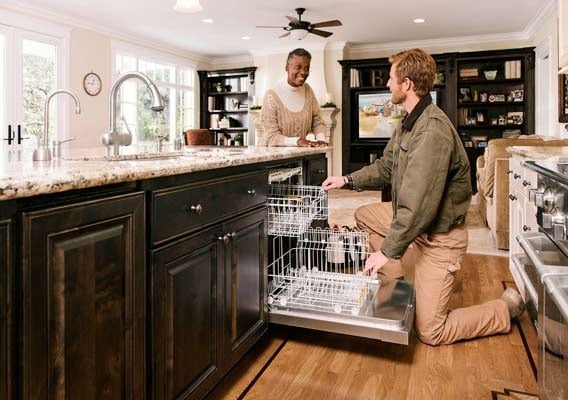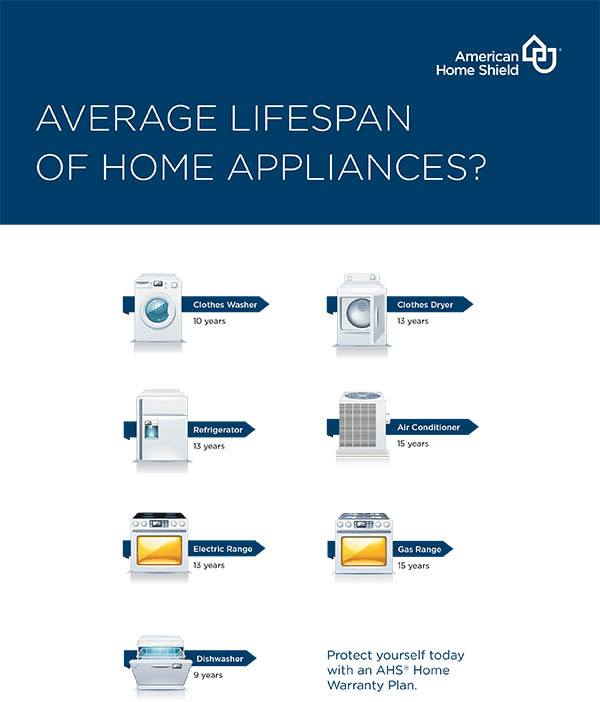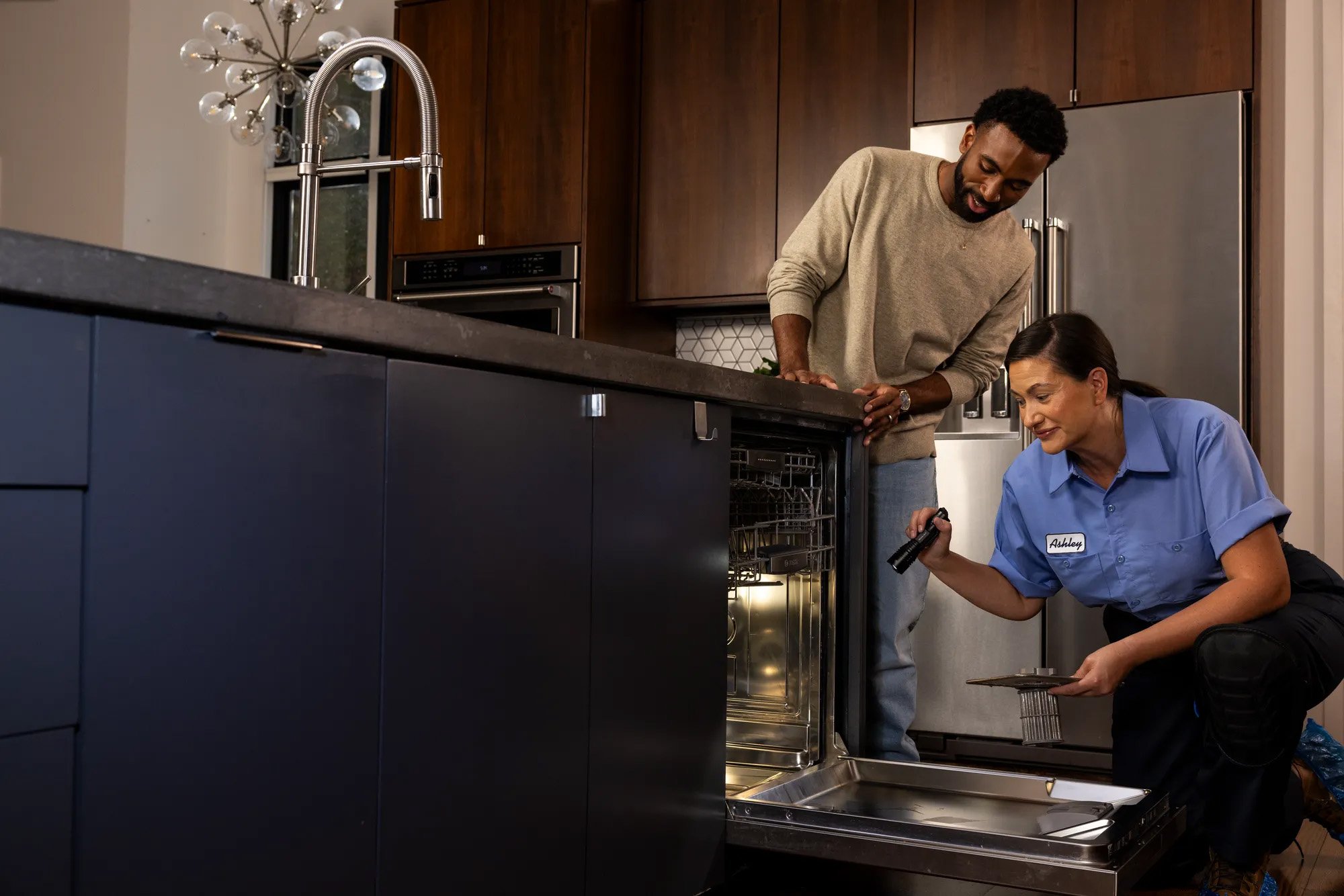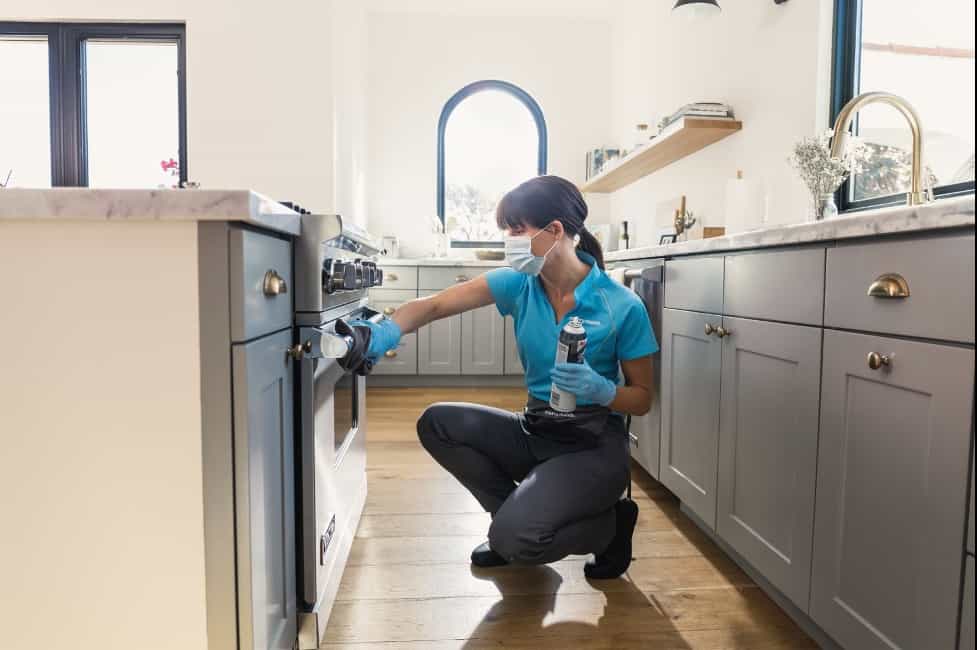Major home appliances like washers, stoves and even refrigerators have plugged into the digital revolution thanks to the introduction of smart appliances by brands like LG and Samsung. You can now do things like scan food items into your fridge, and it will then make recipe recommendations based off of the current contents — that’s one less excuse for ordering takeout.
Unfortunately, the added bells and whistles have overshadowed the fact that appliances just don’t last as long as they use to. The current average lifespan of major home appliances is around 10-15 years — compared to roughly 20-30 years when appliances were mostly mechanical in nature. That’s why your mom’s avocado-green washing machine lasted so long.
Today, the presence of LCD screens, Wi-Fi and even load-sensitive sensors have increased the vulnerability of our modern appliances — the more gadgets, the more things that can fail. This, coupled with thinner plastic parts replacing the more durable porcelain and copper parts of the past means more calls to the repairman. Just like our cars, home appliances were once bulky behemoths made of heavier, more resilient materials.
Related:
High-tech Kitchen Appliances to Make Your Life Easier
Get the Most Out of Your Household Appliances
Lifespan of Modern Home Appliances

Homeowners often assume that with an increase in technology comes an improvement of everyday life. So it can come as a surprise that when appliance manufactures add tech, like sensors and displays, they are actually shortening the product’s lifespan.




